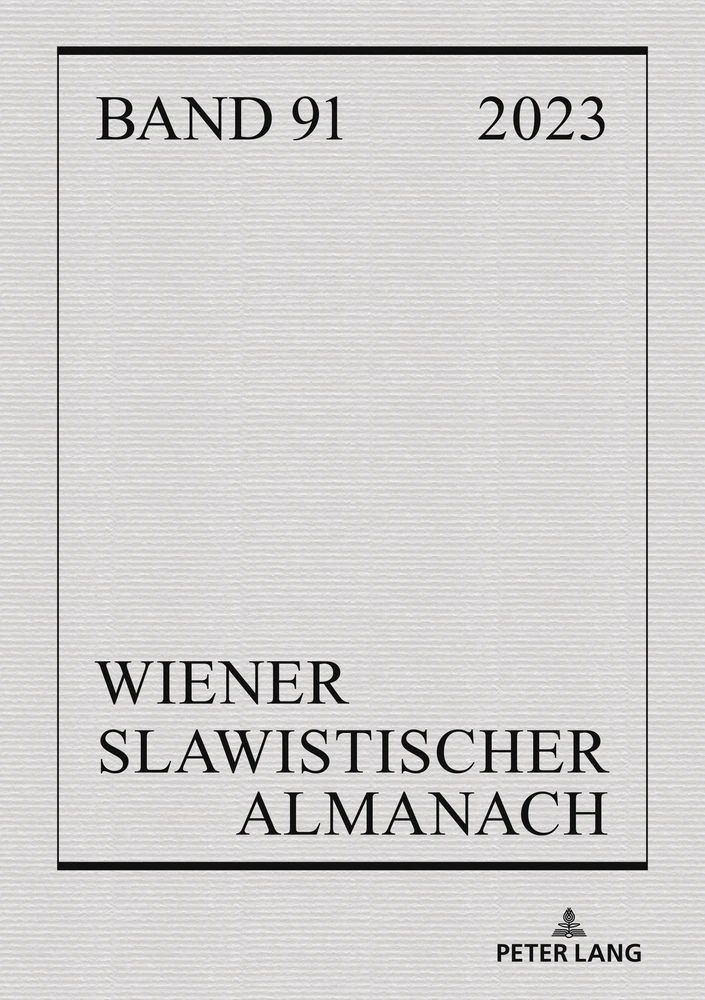Против гелиоцентризма: «Миры» Александра Блока и рецепция космологии Нового времени
Published November 21, 2024
Keywords
- Alexander Blok,
- popular astronomy,
- heliocentrism,
- neurasthenia,
- Renaissance
Abstract
The article offers а new reading of Alexander Blok’s poem “Worlds fly. Years fly. Empty…” (1912), which focuses on the problem of the rejection of heliocentrism and modern cosmology. Blok implicitly contrasts the multitude of worlds hurtling through infinite, dark, and empty space at monstrous speeds with the closed and stationary cosmos of antiquity and the Middle Ages. The Earth’s spinning globe is compared to a toy top, whose unbearable whirring is reminiscent of the former harmony of the spheres. Flying in an unknown direction, the Earth takes on the characteristics of a modern vehicle. The feelings of its inhabitants, driven mad by the constant noise and movement, correlate with the description of the symptoms of neurasthenia. Scientific, philosophical, and pedagogical sources that help to understand the meaning of this poem provide valuable material for reconstructing the largely unexplored facets of intellectual history related to anti-Copernican sentiments in the late nineteenth and early twentieth centuries.

